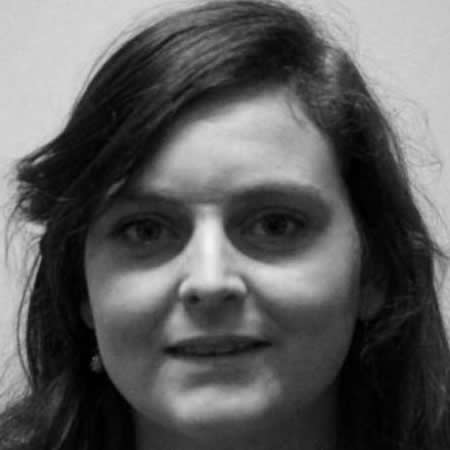Donatie - P57 - Raising awareness of unspecified live kidney donation: an ELPAT view
L. Burnapp, K. van Assche, A. Lennerling, D. Slaats, D. van Dellen, N. Mamode, F. Citterio, W. Zuidema, W. Weimar, F.J.M.F. Dor
Chair(s): drs. Tineke Wind, transplantatiecoördinator, Maastricht UMC
Thursday 10 march 2016
13:00 - 13:30h
at Foyer
Categories: Postersessie
Parallel session: Postersessies XI - Opgesplitst in 3 tijdblokken en 3 categoriëen (klinisch, basaal, donatie)
Living donor kidney transplantation (LDKT) is the preferred treatment for patients with end-stage renal disease (ESRD), and unspecified live kidney donation (UKD) is morally justified. However, despite the excellent results of LDKT, UKD is limited to a minority of countries in Europe due to both legal and moral reasons. Consequently, there are significant variations in practice and approach between countries and the potential contribution of UKD is under-valued. Where UKD is accepted as a routine part of living organ donation (LOD), an increasing number of patients in the domino paired exchange programme are successfully transplanted when a ‘chain’ of transplants is triggered by a single UKD. Our Working Group has examined the limitations on UKD in Europe and recommend strategies to increase transplant opportunities by raising awareness and engaging with key audiences across nations, recognising that the maturity and characteristics of individual (LDKT) programmes will impact on levels of engagement. Key audiences include the public, healthcare professionals, policy makers and society or religious leaders. Their roles and responsibilities are defined and discussed in the context of the following recommendations: 1. Countries wishing to undertake UKD must have a legal framework to support LOD and be committed to LDKT and UKD. 2. UKD offers the best opportunity to maximise transplant opportunities for patients with end stage kidney disease through the domino paired exchange (donor chains) programme. 3. Raising awareness by providing stratified information that is country specific, culturally sensitive and relevant across all sectors of society offers a sustainable option for increasing UKD activity. 4. The content and context of raising awareness initiatives must be appropriate for both mature and emerging programmes and relevant to all target audiences. 5. Collaboration between dedicated groups: previous UKDs, healthcare professionals, and procurement organisations, is the most effective model for engaging with target audiences. 6. Competent authorities with support of dedicated groups are best placed to achieve legislative change in individual countries. Increasing UKD by raising awareness contributes more kidneys to the shared living donor pool, extending the benefit of LDKT to more patients, even if they do not have a suitable living donor of their own.

